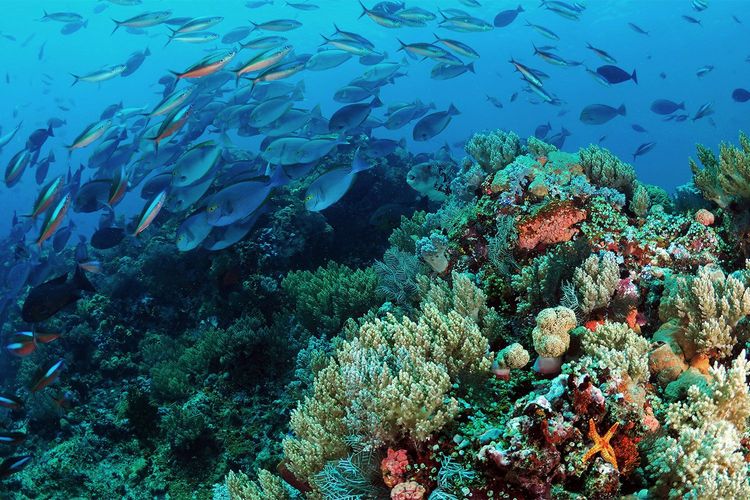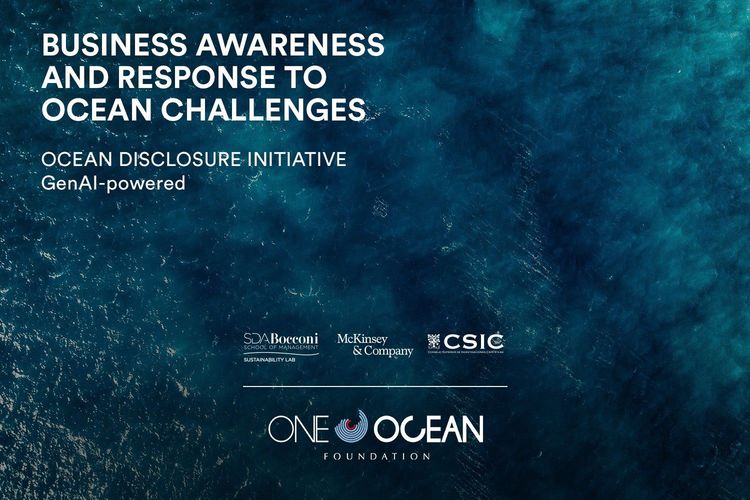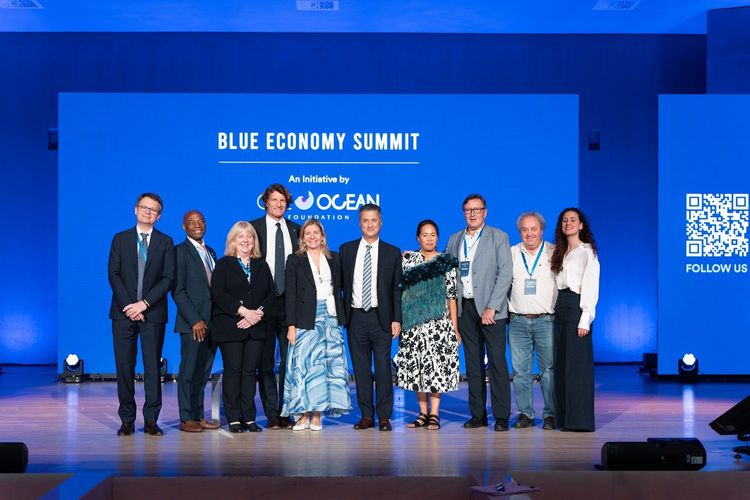
The 15th Conference of Parties to the UN Convention on Biological Diversity on 19 December adopted the Kunming-Montreal Global Biodiversity Framework (GBF). This framework represents an historic deal to protect nature and includes four goals and 23 targets for achievement by 2030 with the objective of protecting and restoring nature for current and future generations, ensuring its sustainable use as well as fostering investments for a green global economy.
The new framework is considered a big achievement because it presents a solid structure with i) a clear, measurable goals and targets, ii) a complete monitoring, reporting, and review arrangements to track progress complemented by a robust resource mobilisation package, iii) a mobilization by 2030 of at least $200 billion per year in domestic and international biodiversity-related funding from all sources – public and private.
The key global targets of the new GBF on which 196 nations have agreed include:
Restoration of 30% degraded ecosystems globally (on land and sea) by 2030
Conservation and management of 30% areas (terrestrial, inland water, and coastal and marine) by 2030
Stop the extinction of known species
Reduction of risk from pesticides by at least 50% by 2030
Reduction of nutrients lost
Nature-based solutions to tackle climate change
Reduction of the rate of introduction and establishment of invasive alien species
With regard to the ocean, the most prominent targets concern the 30x30 goal, that would place 30 percent of land and sea under protection, and the attention to the ocean acidification issue.
More in details:
Target 3 – Ensure and enable that by 2030 at least 30 per cent of terrestrial, inland water, and coastal and marine areas, especially areas of particular importance for biodiversity and ecosystem functions and services, are effectively conserved and managed. Currently, roughly 8 percent of the ocean is protected, with restrictions on activities like fishing, farming and mining.
Target 8 – Minimize the impact of climate change and ocean acidification on biodiversity and increase its resilience through mitigation, adaptation, and disaster risk reduction actions, including nature-based solution and/or ecosystem-based approach.
Finally, the Kunming-Montreal deal addresses subsidies harmful to biodiversity, with the commitment to identify by 2025 and eliminate by 2030 a total of at least USD 500 billion per year, which is an important target as extended subsidies to fisheries have proven to fuel overfishing at the expense of ocean health.
Read more articles

Released the new report “Business Awareness and Response to Ocean Challenges”

Second edition of the Blue Economy Summit
